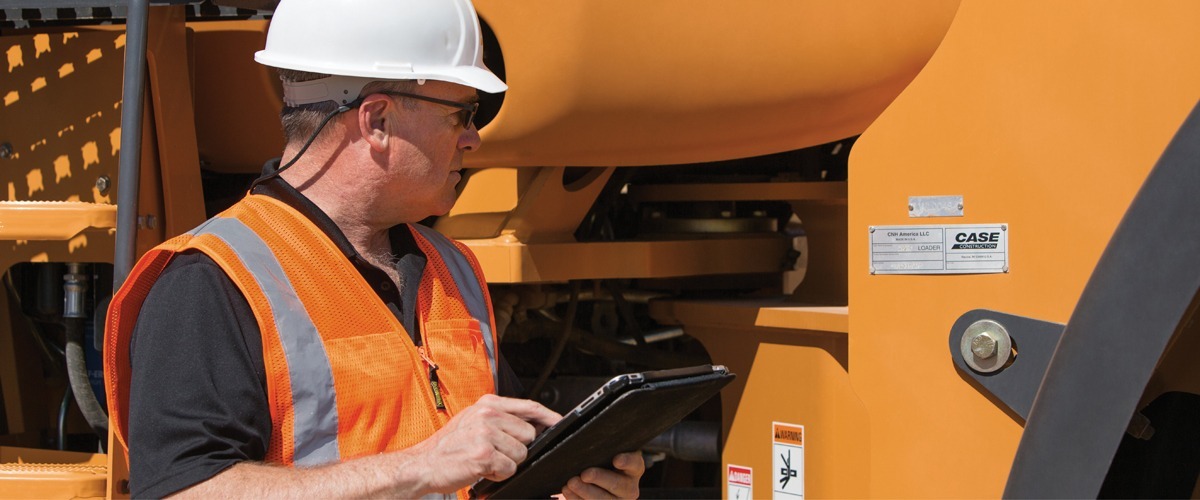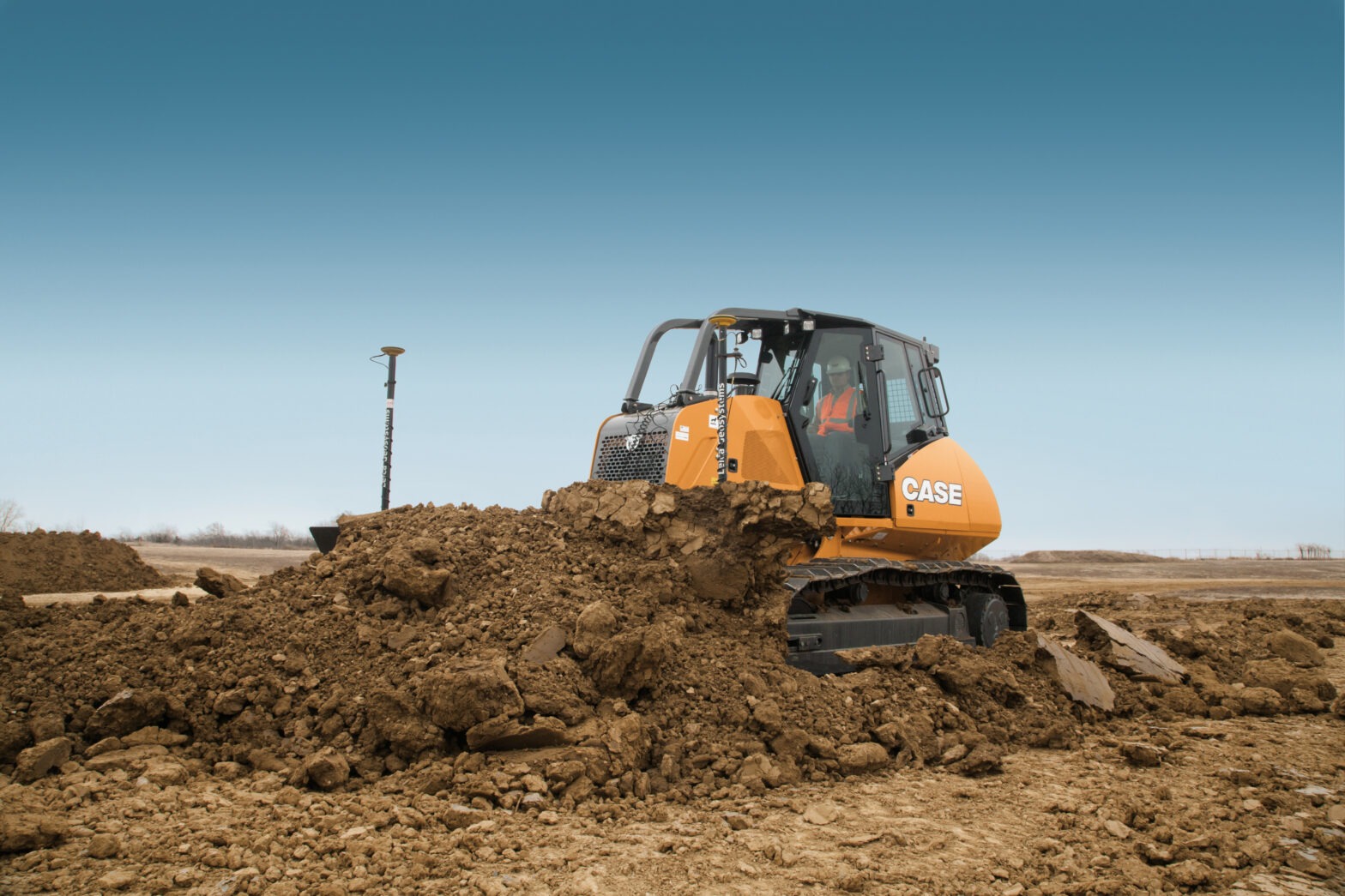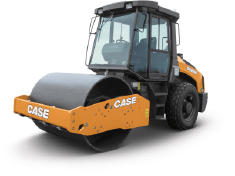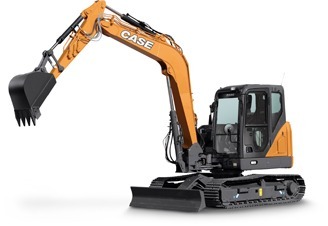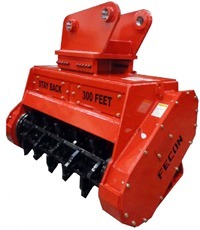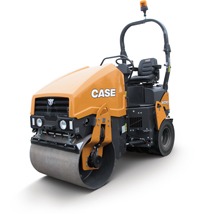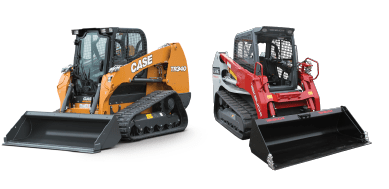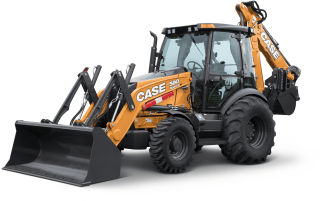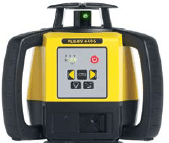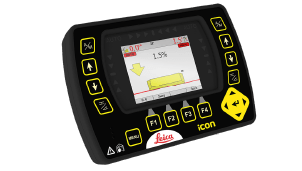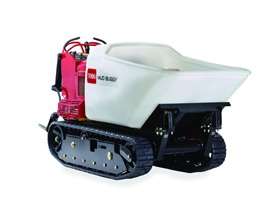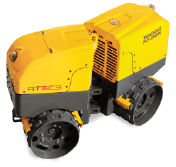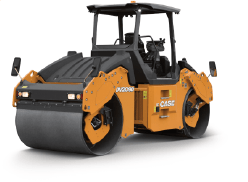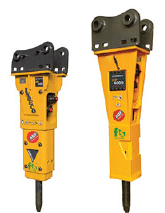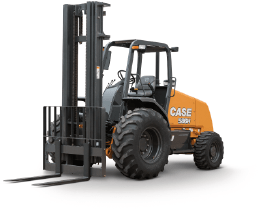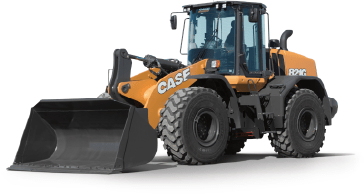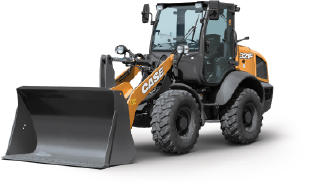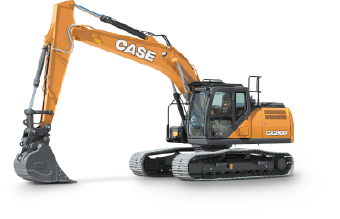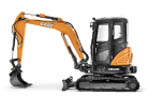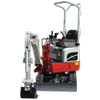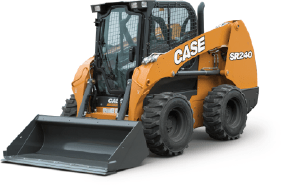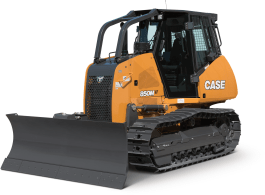When you’re operating heavy equipment and working out on the jobsite day after day, it can be easy for some of the simple or little things to be forgotten or put off. The problem is, they can come back to haunt you and lead to some pretty serious downtime. One of those little things is […]
Post Type Archives: Best Practice
How to Get Your Equipment Out of the Mud
When you’re operating heavy equipment off road, there’s a possibility that at some point you could get stuck in the mud, especially on wet, soggy jobsites. Almost any type of equipment can be vulnerable to ending up in this situation, including skid steers, CTLs, wheel loaders, and excavators. Below are some procedures to follow to […]
How to Avoid Pin and Bushing Wear
Pins and bushings are often the first structural components that require maintenance. Depending on the material you’re working in, like soil, rock, gravel, or pavement, how much you use the machine, and who the operator is, pins and bushings may wear slower or faster. We’ve put together several tips to help slow wear rates of […]
Insider Tips for Transporting Equipment Rentals
Many businesses leverage equipment rentals as an effective way to complete jobs without worrying about maintenance costs or storage issues. All you need to do is choose the machine best suited for the job, do the required paperwork, sign the rental agreement, and the machine is yours for a specific period. The question is, once […]
Tips for Preventing Rust on Heavy Equipment
Heavy machines and other pieces of equipment are the lifeblood of construction operations. Keeping them in top shape is crucial to the success of your business, and it requires regular maintenance to minimize breakdowns, downtime, and repair costs. To make matters worse, most types of heavy equipment are exposed to harsh environmental elements, such as […]
How to Choose the Right Chains for Lifting and Transport
When it comes to transporting or lifting your equipment, supplies, tools, or other materials, you have to be sure you’re using the right chains to secure your load. How much a chain can hold depends on the type of material it’s made out of and how much stress it can endure before breaking. We’ve put […]
What Can You Do with End of Life Equipment?
To ensure optimal performance on the job, you sometimes need to get rid of even your most trusted and longest serving heavy equipment. No matter how well you take care of and maintain your machines, they will eventually deteriorate with regular use. To minimize unexpected breakdowns, you must replace end of life equipment before the […]
How to Maintain Trench Safety
Working in and around trenches is a regular part of many construction and utility projects. It’s so common that crew members can sometimes forget that working near trenches can be dangerous if the right precautions aren’t taken. The good news is that most jobsite accidents involving trenches can be easily avoided. Follow this guide to […]
How to Sanitize Heavy Equipment
Properly sanitizing heavy equipment is essential for maintaining the health, safety, and productivity of your team. Truck and machine cabs can be ideal environments for harboring and transmitting viruses and other illnesses. Despite the fact that operators are typically alone in the cab, all it takes is one mechanic, supervisor, or second shift operator to […]
Boost Productivity through Automated Grade Control
Grading is a crucial part of preparing land for development. It plays a critical role in giving you a mapped overview of the work area, and, if done correctly, it helps cut down on the time needed to complete construction projects. By controlling your bucket or blade, automated grade control systems make the necessary adjustments […]






